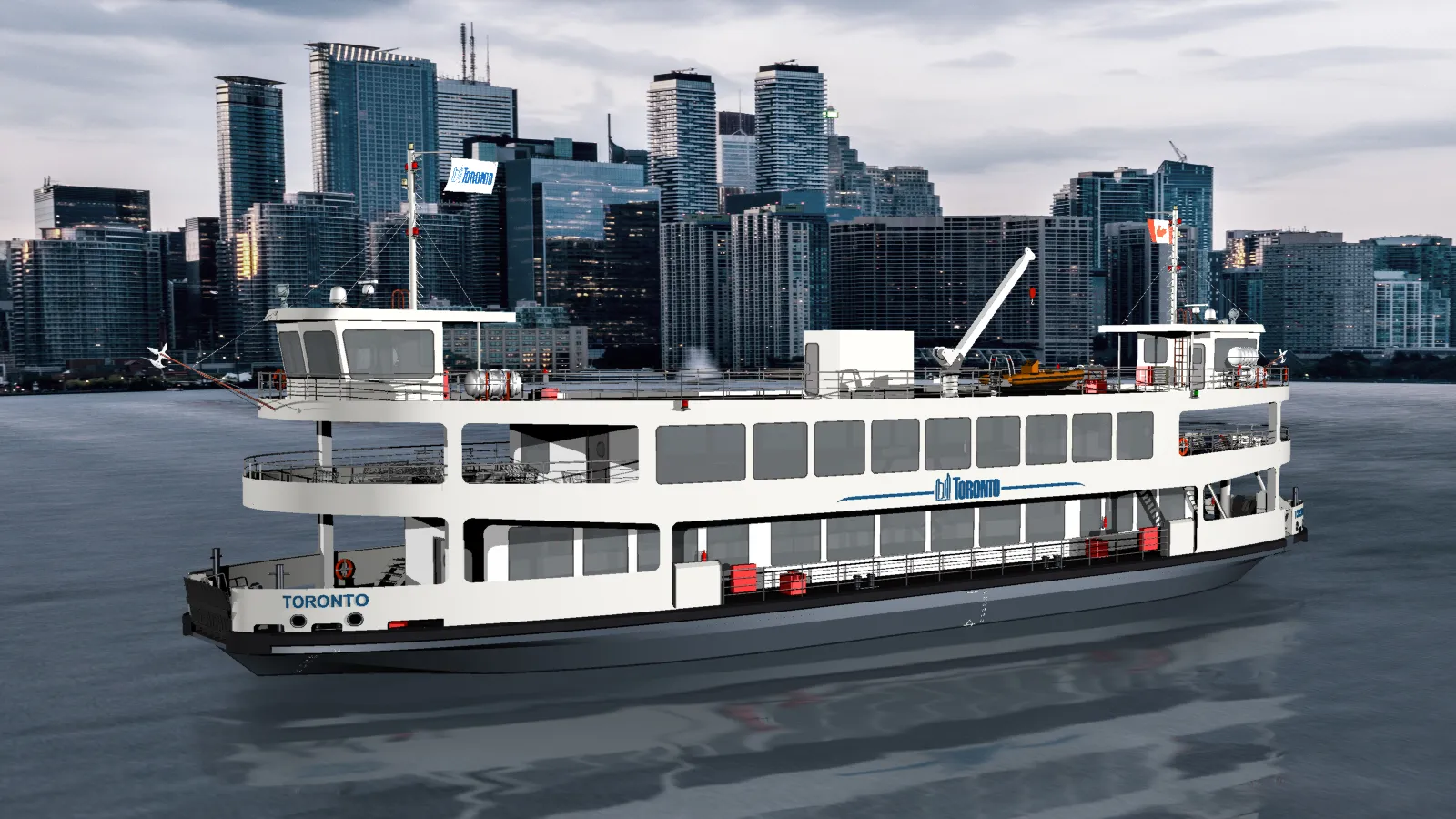Frito-Lay North America division, the US$13 billion convenient foods business unit of PepsiCo, has started rolling out some of its fully electric delivery trucks in Columbus.
March 1, 2012
Read time: 2 mins
Once the planned 176 electric trucks are deployed, Frito-Lay will eliminate the need for 500,000 gallons of fuel annually. Each truck emits 75 per cent less greenhouse gases than a conventional diesel truck.
"The electric vehicle programme builds on a long-standing commitment by Frito-Lay North America and its parent company PepsiCo to environmental sustainability," said Mike O'Connell, director of fleet for Frito Lay North America. "With the seventh largest privately owned fleet in the US, we have set a goal of becoming the most fuel efficient fleet in the country, and these vehicles give us an opportunity to use the latest advances in transportation technology as a significant way to reduce our environmental impact."







